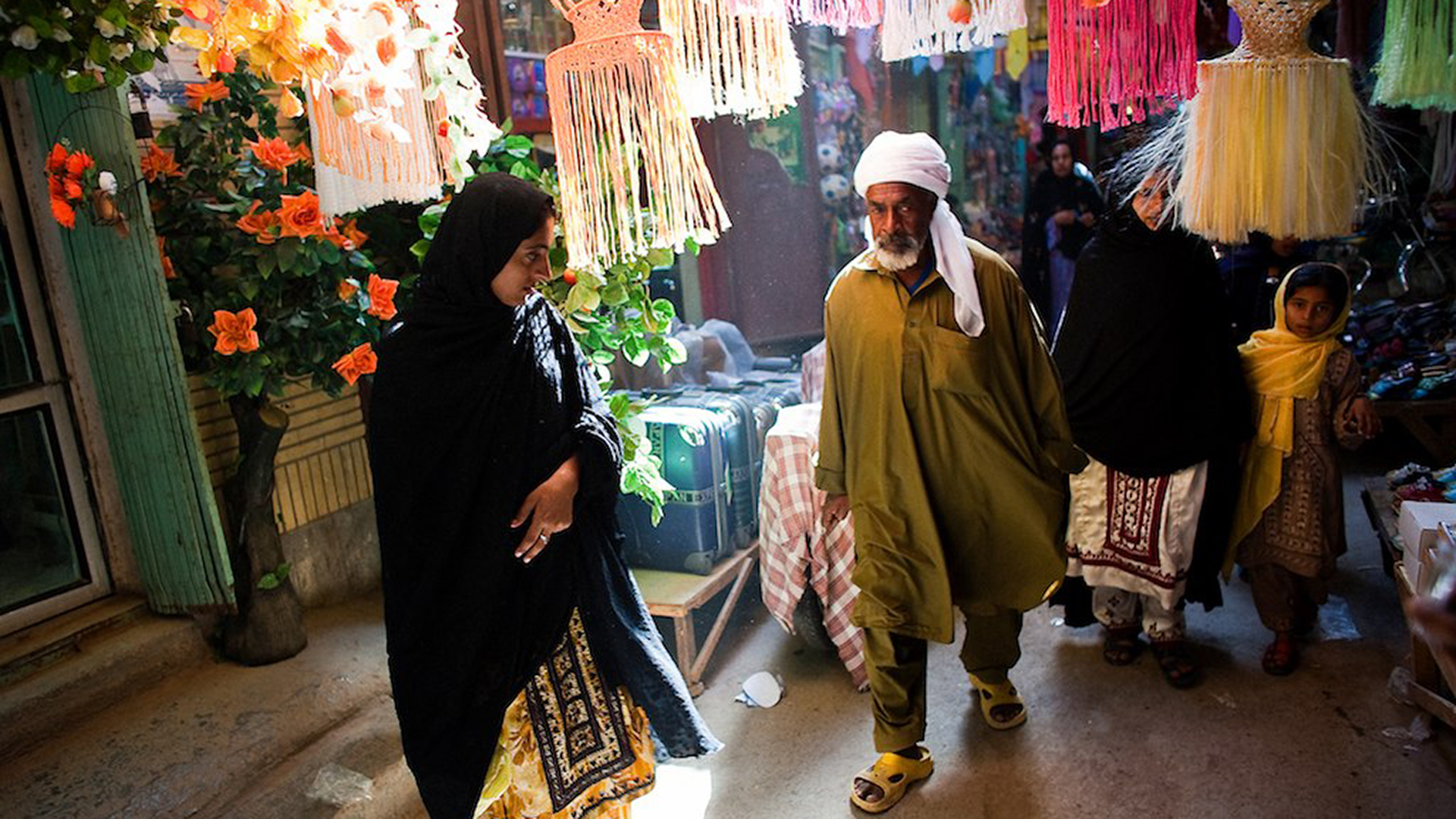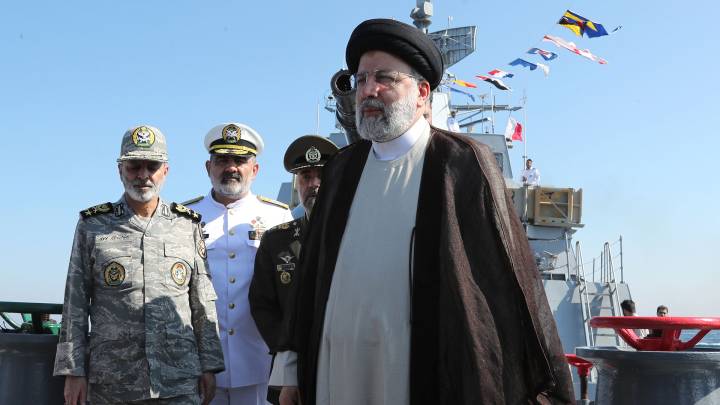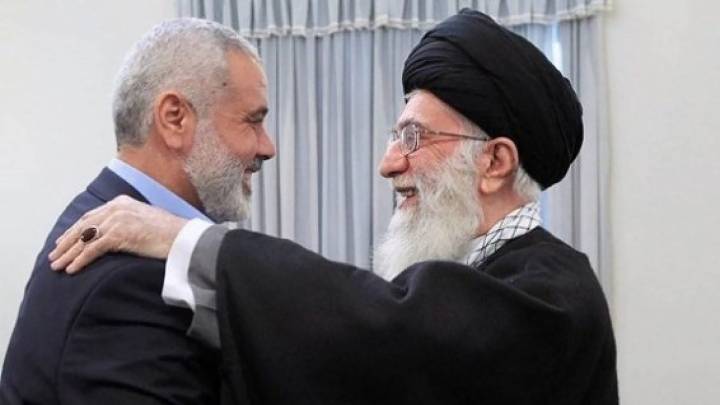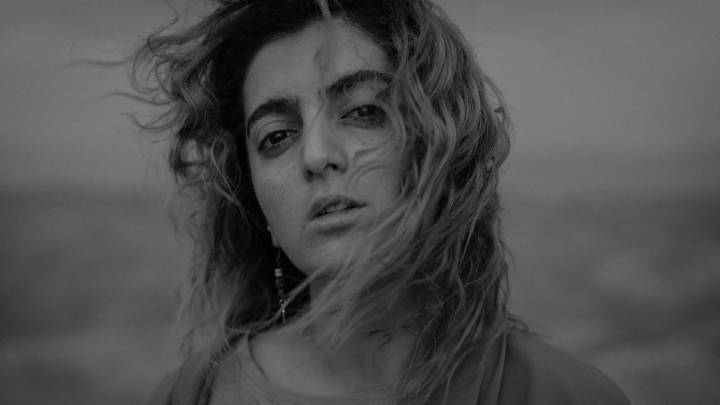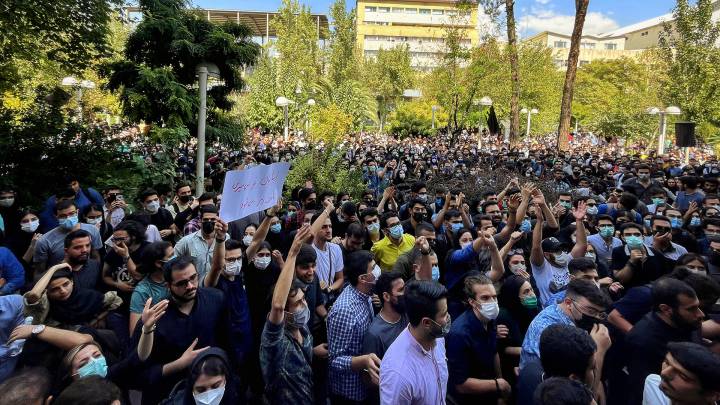Iranian Sunnis of Kurdistan and Balochistan have shown during the last couple of weeks how well they are connected to each other through diverse networks. Sufi groups such as the Naqshbandiyya have been playing an important role.
In reaction to a police officer insulting a Balochi girl, the situation in the province of Sistan-Balochistan became instable from mid-September. On last day of September, shortly after Friday prayers held by Molana Abdolhamid, the Shaykh al-Islam of Zahedan, clashes erupted between local Balochis and security forces and resulted in an unprecedented event in the city of Zahedan. The clashes started around the Makki complex, which is the largest Sunni Mosque in Iran and a school (known as Dar al-Ulum - ‘House of Learning’). In a militarized environment, over 90 people were killed and 200 injured in approximately two hours. The Sunnis called it “Bloody Friday”.
Since then, Molana Abdolhamid has publicly started his extraordinary and unique method of demonstration. He has clearly stated his position in many different speeches and statements. Day by day, more and more people from small to large tribes have come to Zahedan to show their solidarity and condemn the act of violence which led to the disastrous events in Zahedan. Members of almost 40 tribes came from all over the province of Sistan-Balochistan to make their statements and pledge their oaths of allegiance (bay’ah). Civil societie organisations from universities, associations, and people from the bazar also visited Abdolhamid to show they are on the same side.
The demands were clear from day one, as Molana Abdolhamid talked about what had happened in Zahedan. He repeatedly asked for a transparent and independent investigation of what took place on that Bloody Friday, demanding that the actors involved from the security forces at all levels be charged, publicly apologize to the people and the families of the victims, release the arrested protestors, and finally pay compensation to the families and all those whose properties were damaged or destroyed.
These demands were mirrored and repeated by all the other tribes, Ulama (Sunni Islamic scholars), and active members of Baloch communities. Acts of solidarity and unity came from beyond the province as well. For instance, from Khwaf, one of the biggest and oldest Sunni institutions, Jame-ye (or Hawza-ye ʿElmiya-e) Ahnaf-e Khwaf, the first Hanafi Sunni madrasa established in 1961 with strong tribal links to other Sunnis in Khorasan, made a statement in support of Molana Abdolhamid. From northern Iran, in the province of Golestan, Hanafi Sunnis under the guidance of Molana Mohammad Hossein Gorgij (who is a former schoolmate of Molana Abdolhamid and the former Imam-Juma of Azadshahr in the province of Golestan and the founder of the Faruqiyye Madrasa in Galikesh) also supported Abdolhamid.
In the west of Iran, from the Kurdish Shafei communities, strong support was signalled for several weeks by the well-known Mamustas (Kurdish religious clerics). First, a written declaration was published, signed by over 400 Mamustas. This declaration was initiated by Kak Hasan Amini, one of the most active persons within the Kurdish Sunni communities, who also sent a letter to Molana Abdolhamid on Thursday October 27 to emphasize his support. In fact, although Iranian Sunnis of Kurdistan and Balochistan have been systematically separated from each other by the state for a long time, they have shown during the last couple of weeks how well they are connected to each other through diverse networks. In this regard, Sufi groups such as the Naqshbandiyya (which is active on both sides) have been playing an important role with their social, tribal and spiritual influence.
The cross-tribal social base which goes beyond Iran’s eastern border makes Sarbaz and its religious figures important at this time
This puzzle is taking its final shape. On Thursday, October 27, many famous and well-known Ulama and tribesmen from all over the province came to Zahedan to stand with Abdolhamid. A key person to make an appearance was Molana Abdullah Mollazayi Sarbazi, son of Molla Mohammadomar Sarbazi, the most respected Sunni scholar and Naqshbandi Sunni in eastern Iran. He is the head of the Manbaolulum Madrasa of Kuhvan (one of the oldest madrasas and institutions in the province), and a Sufi guide with many followers from the Naqshbandiyya and Chashtiyya Sufi orders. He is also the host of many Tabliqi Jamaat (a transnational Deobandi Islamic missionary movement). Finally, Molana Abdullah’s great grandparents were the religious scholars who first created the Deobandi school in the centre of Iranian Balochistan in the 1930s. The cross-tribal social base which goes beyond Iran’s eastern border makes Sarbaz and its religious figures important at this time.
Molana Abdullah came to Zahedan on October 27 with many of his followers from the Makran mountains and gave a short speech in Balochi: “It seems those (Ulama) who are not aware and did not come to our side, are missing or dead”. Soon pictures of Molana Abdolhamid were posted all across social media, in which peoples from eastern Sunni communities wrote: “We are ready to sacrifice our lives for our Abdolhamid”.
On the same day also Molavi Abdolghaffar Naqshbandi visited Molana Abdolhamid in Zahedan. He arrived from Rask, another city in Sarbaz. He is famous for his emotional speeches, in which he brings the voices of neglected people living around the border, into his Friday sermons. His speeches regarding Sukhtbar and their difficult life are heart-breaking. Molavi Abdolghaffar Naqshbandi, who was in jail between 2012-2015, like some other Sunnis Ulama (one example is Molavi Fazlorahman Kuhi, who is in jail since 2019, he was the first cleric who criticized the increase of fuel prices). Islamic Republic National TV showed a “compulsory confession” of Molavi Abdolghaffar Naqshbandi, which made many people in Balochistan furious.
On Friday October 28, almost a month after the “Bloody Friday” of Zahedan, and despite pressure on Molana Abdolhamid from some channels apparently belonging to the Islamic Revolutionary Guards, he advanced his position and went even further. In a text before the Friday sermon, he said: “Baha'is, Sufis, Christians, all confessions, ethnic groups and religions share two things with us: Humanity and Homeland, and all groups have to be seen as equal”. In a similar way, influenced by Abdolhamid, other Mamustas in Kurdistan also made this point. Mamusta Loqman Amini (Imam Juma of Chaharyar of Sanandaj with strong links to the Naqshbandiyya) also said: “Sunni, Shia, Jews and those of all other religions are our equal brothers”. Some went further, such as Mamusta Yahya Amini, who stated that “no one can be questioned because of their ideology or belief”.
Sunni clerics already had a spiritual impact on their flocks and from now on, they will also influence them politically
Molana Abdolhamid made it very clear in his Friday sermon October 28: “We say Shias and Sunnis are brothers. We say all Islamic sects are brothers. We are also brothers with other people even if they do not believe in Islam. We are only against tyrants, no matter where they are”. Abdolhamid pointed to Russia and its aggression against Ukrainian as an example.
Abdolhamid mentioned that people are asking for permission to go outside the mosque to protest. He reminded the people of Balochistan to protect the province’s security, not to destroy public spaces, and to control their emotions. However, he also pointed out that people can demonstrate in the streets of Madani (which is close and connected to the Makki Mosque): “This is our territory and under our control”. This is a strong claim which shows the power and independence of the Makki complex.
On October 27, thousands of women and men, young and old, religious and less religious, came to the Makki Mosque and showed their solidarity with Abdolhamid's institution. Even people who had never participated in Friday prayers went there, despite the fact that they might be killed. While in Iran Shia institutions are falling apart and their clerics are becoming unpopular, in Iran's borderlands we see the opposite. Sunni clerics are becoming more popular and influential. Those Sunni clerics already had a spiritual impact on their flocks and from now on, they will also influence them politically.
Thinking about the future after the Islamic Republic (whenever that will be), Shia institutions and their clerics might be gone whereas the independent institutions of the Sunnis will remain strong. For over 40 years, the Islamic Republic has oppressed Sunnis by abandoning them to make them weak. Nonetheless, this independence has put the Sunnis in exactly their current position: strong, united, organised, and one of the main centres of the 2022 protests. No wonder that the Islamic Republic cannot face them and tries as hard as it can to avoid them nationally and internationally.
